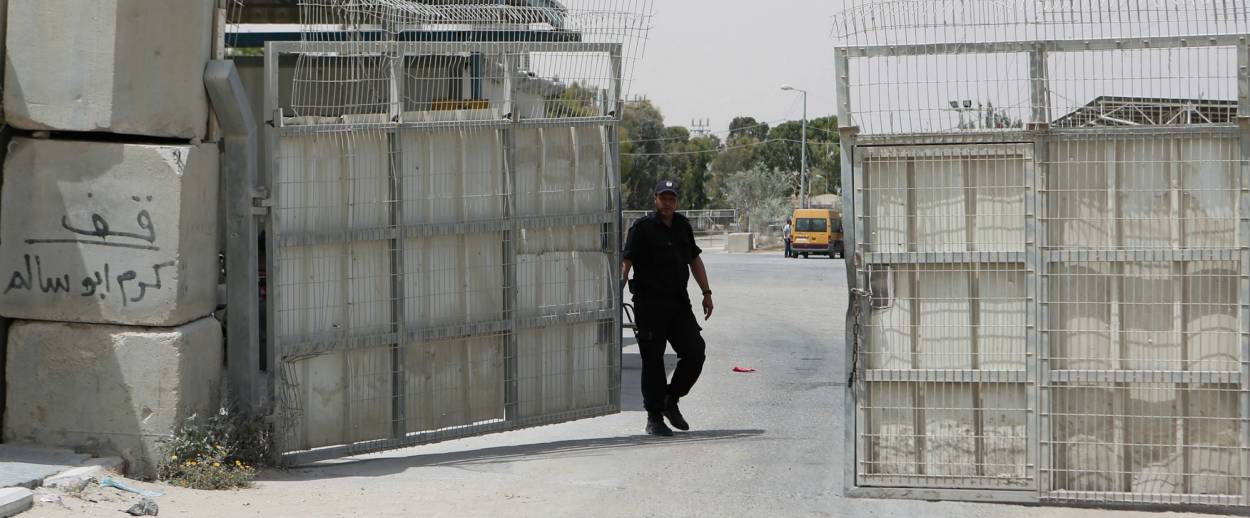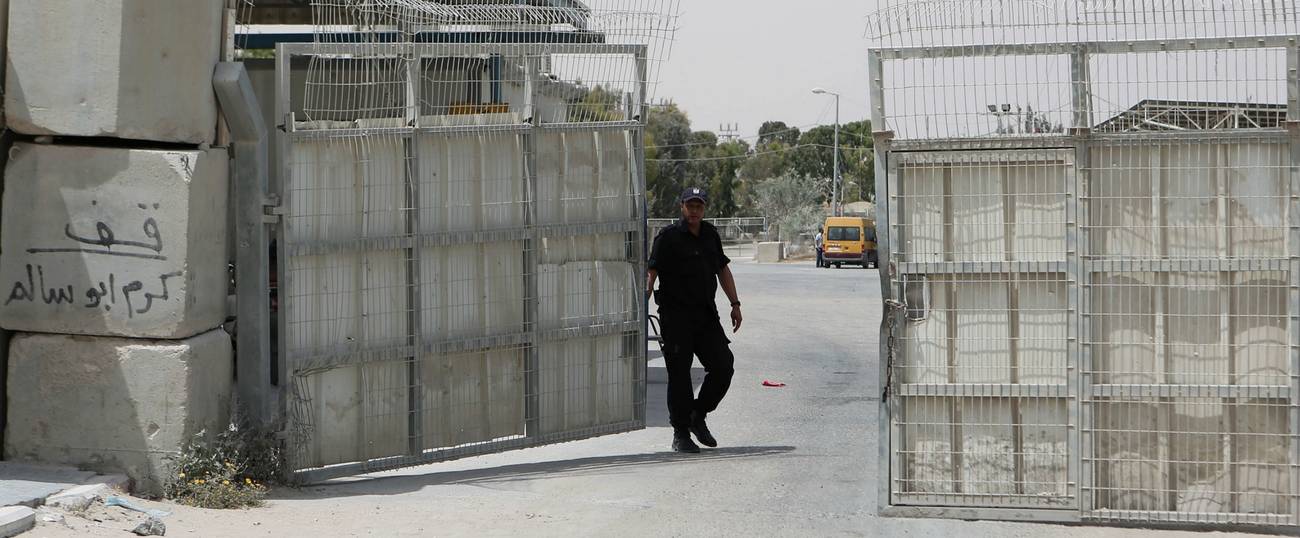After Rocket Fire, Israel Bans Gazans From Temple Mount During Ramadan
Authorities deem Erez border crossing too dangerous, revoke goodwill toward Palestinians




Palestinian residents of Gaza will not be allowed to enter the Temple Mount in Jerusalem after all, because a rocket, launched from the Gaza Strip, detonated in southern Israel on Tuesday night.
According to Haaretz, Israel had granted Palestinians smoother access into the Old City during the month of Ramadan, which began last week, as part of a gesture of “goodwill.” As a result, fasting Palestinian Muslims could attend prayers on the Temple Mount in the Al-Aqsa mosque, one of the holiest Islamic sites in the world. In fact, Israel had made provisions for 500 male and female residents of the Gaza strip (over the age of 40) to enter the Israeli-controlled territory on Thursday for Salat prayer on Friday. But on Wednesday, Yoav Mordechai, the coordinator of Coordination of Government Activity in the Territories (COGAT), announced via Palestinian news agency Ma’an, that, because of the rocket fire, the Erez border was too dangerous to cross. Yesterday, COGAT tweeted:
Due to rockets fire at #Israel from #BeitHanun, near #Erez, the entry for #Ramadan this weekend is cancelled. Responsible: Hamas #Gaza
— COGAT (@cogat_israel) June 24, 2015
One rocket was fired on Tuesday night. COGAT claimed the lone explosive violates the terms of truce Israel established with Hamas following last summer’s Gaza conflict. The New York Times reported that an extremist group loyal to the Islamic State has claimed responsibility for the rocket attack. But, according to Haaretz, Israeli Defense Minister Moshe Ya’alon continued to point a finger at Hamas, describing the situation to a cyber conference held at Tel Aviv University as an “internal conflict,” between “Hamas and Salafi organizations loyal to ISIS.”
“I am not saying that Hamas fired the missile, but Hamas is responsible because it controls the Gaza Strip,” he said.
The purpose of the move is to “pressure Palestinians to prevent militants in their communities from undertaking attacks,” the New York Times reported. Critics have responded by claiming the ban is unjustly punishing Palestinians as a group for the actions of an extremely select few.
Indeed, it’s actually the second time this week Israel has rescinded moves intended to ease restrictions on Palestinians in the Occupied Territories for reasons of security. On Monday, Israeli Prime Minister Benjamin Netanyahu and Ya’alon announced that Israel would be cancelling 500 permits granted to Palestinian residents of the West Bank, which would allow them to travel overseas from the Ben-Gurion International Airport. Their decision followed two reported incidents: a terrorist attack in the West Bank settlement of Dolev, and the stabbing of a border policeman in Jerusalem by a Palestinian last week.
“This whole issue of restrictions, and easing restrictions, is another example of how much control the Israelis exert over Palestinians,” Sarit Michaeli, a spokeswoman for B’ Tselem, an Israeli human rights group, told the New York Times.
Previous: Ahead of Prisoner Release, Rockets Fired From Gaza
350 Rockets From Gaza, 900 Israeli Air Strikes
Jas Chana is a former intern at Tablet.